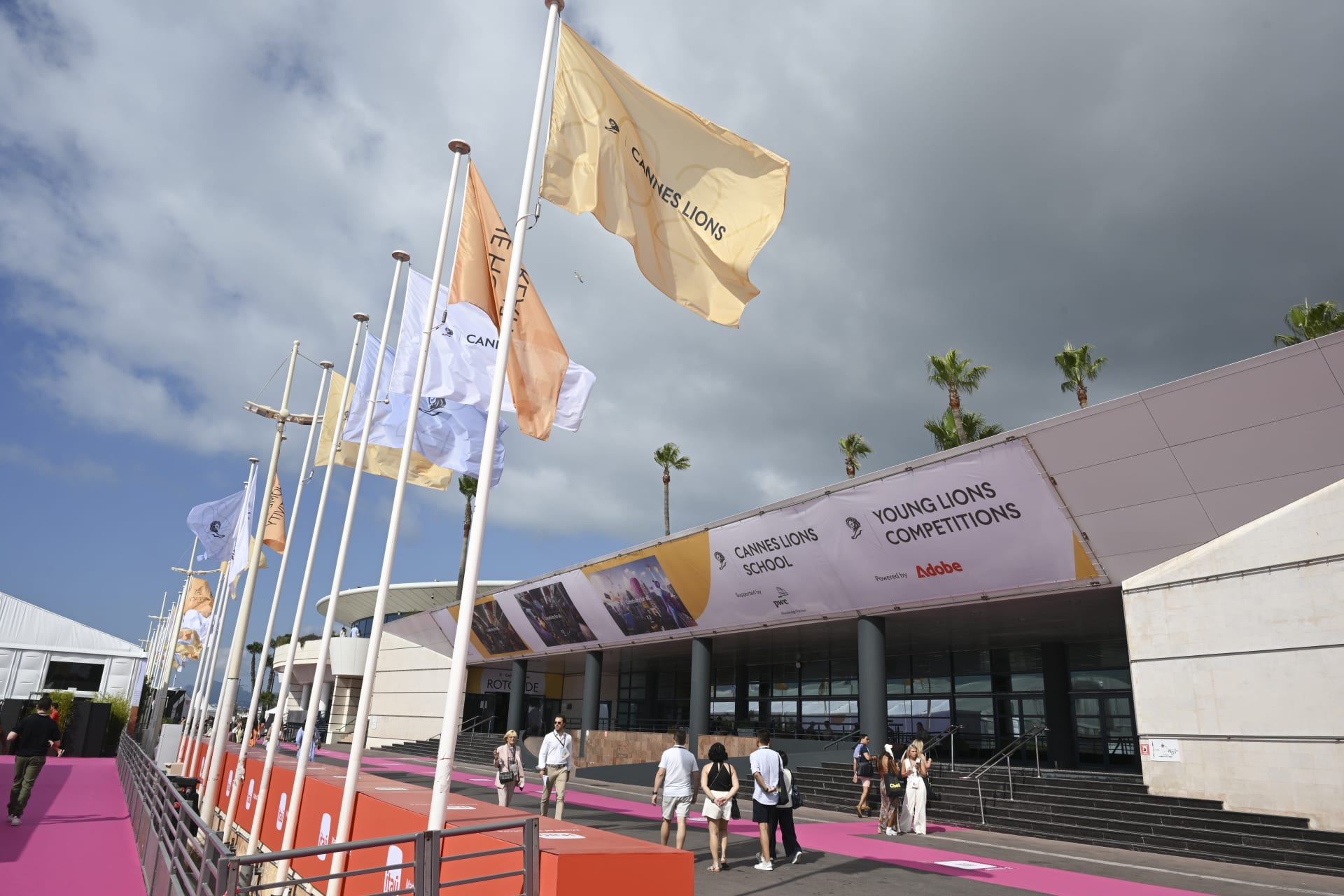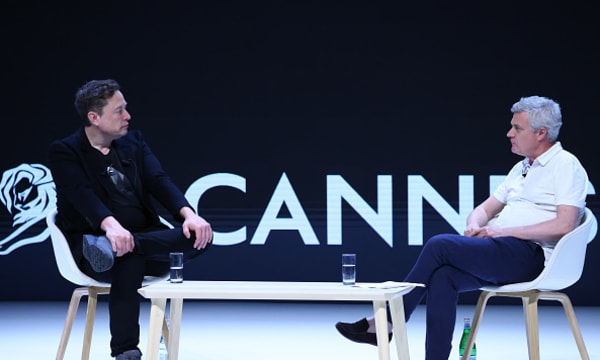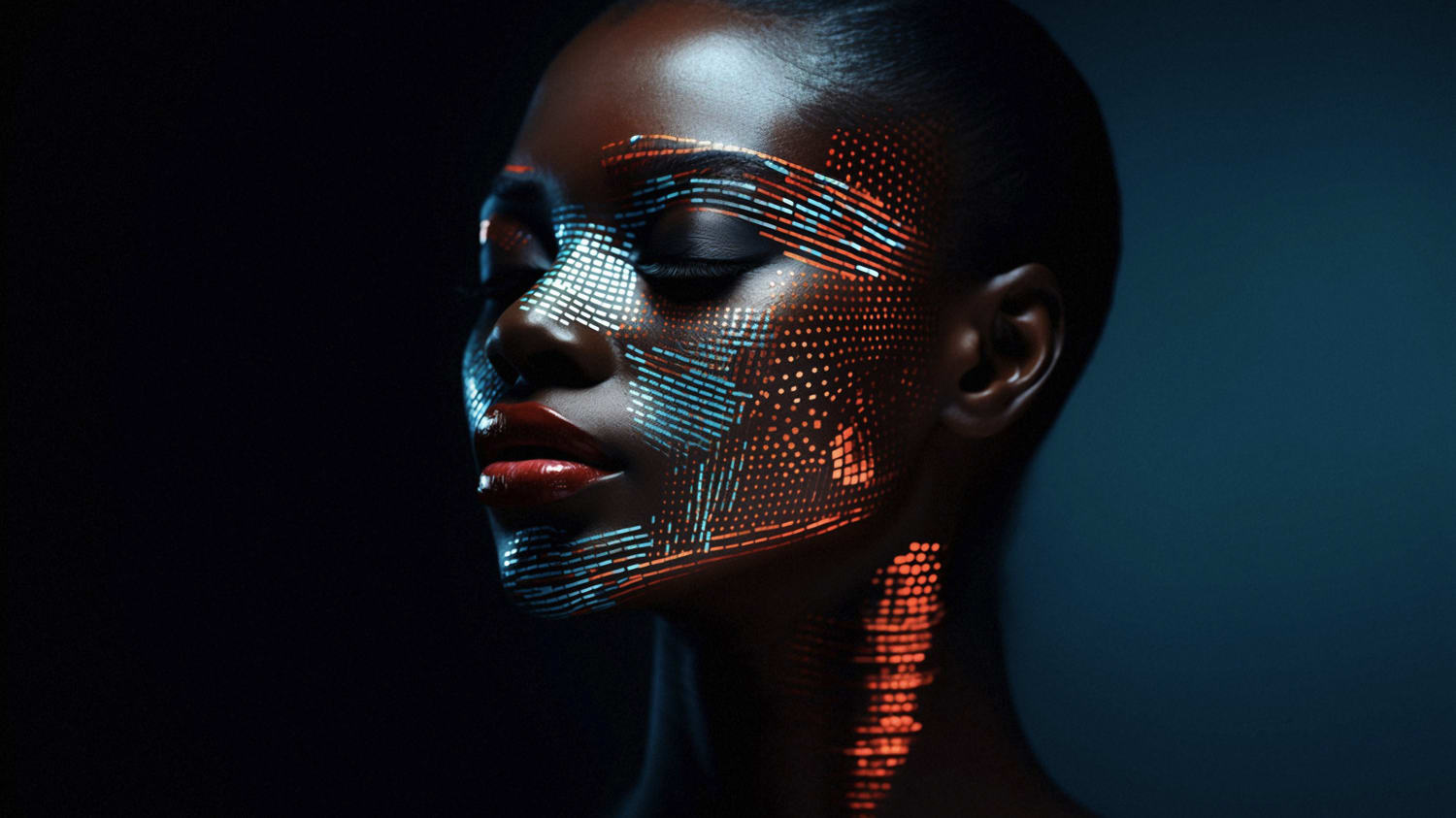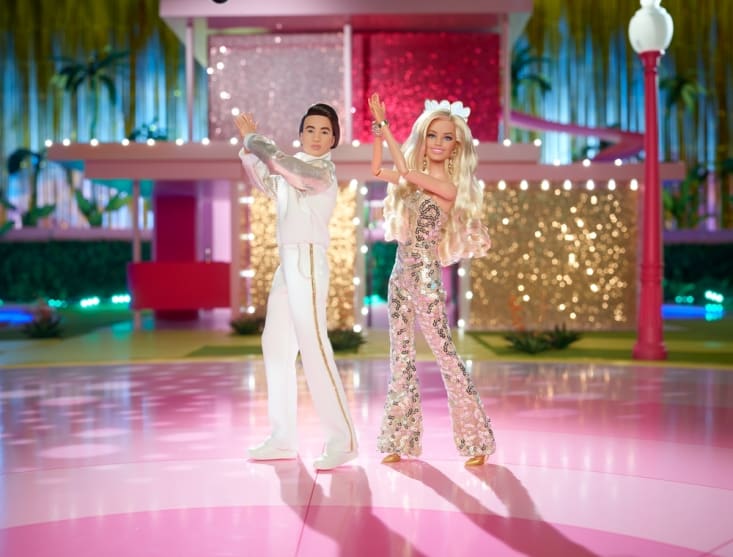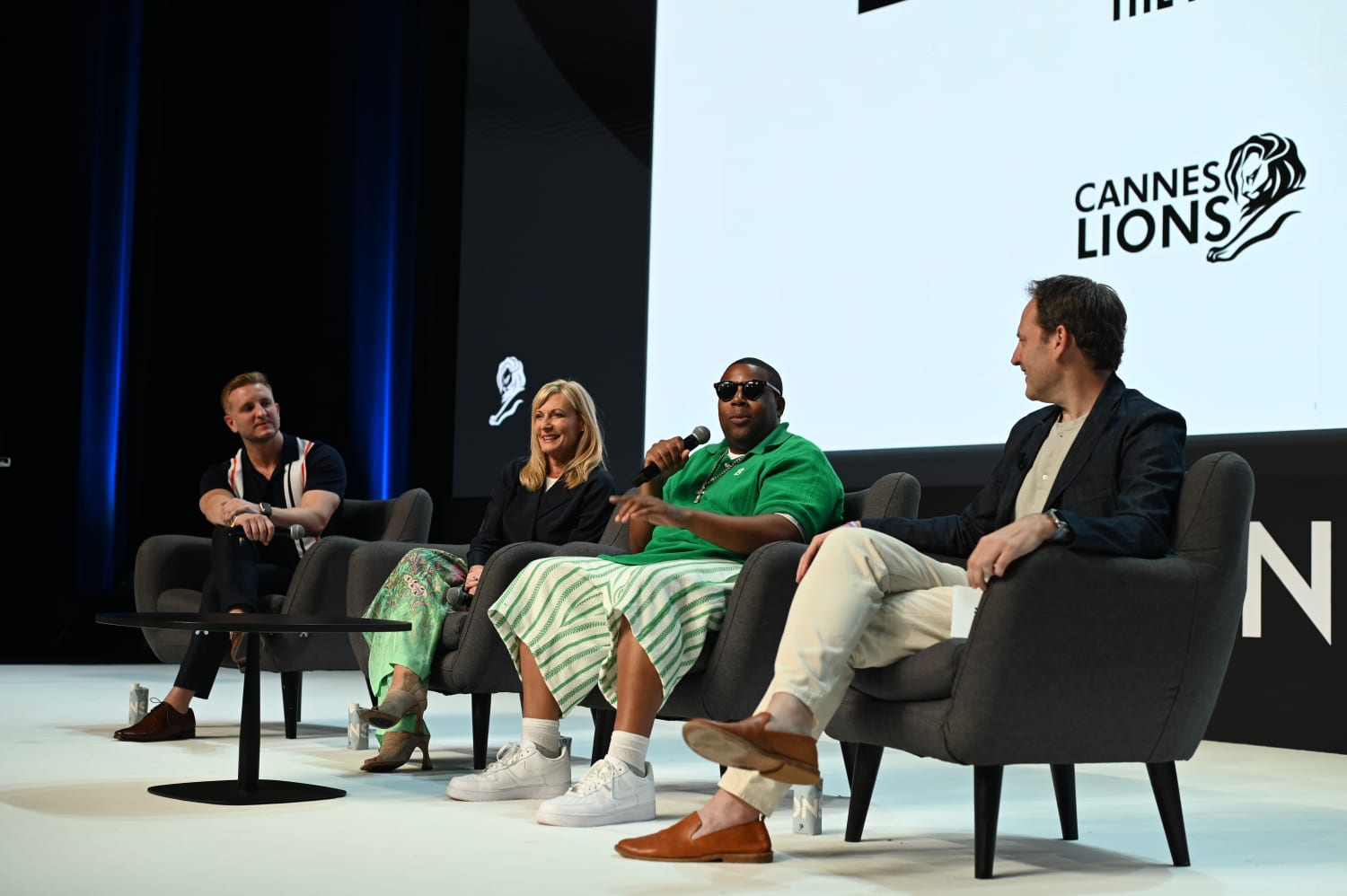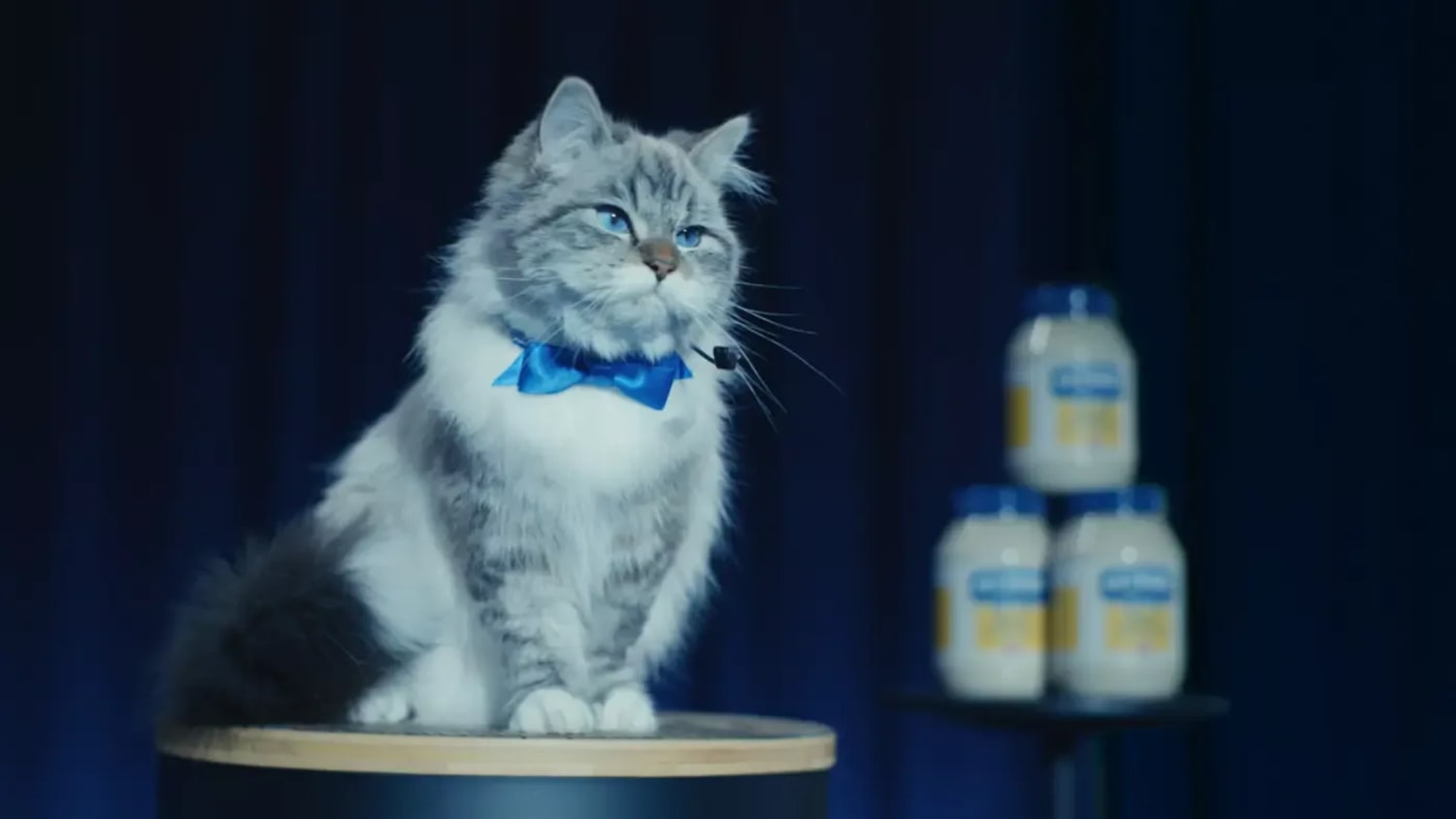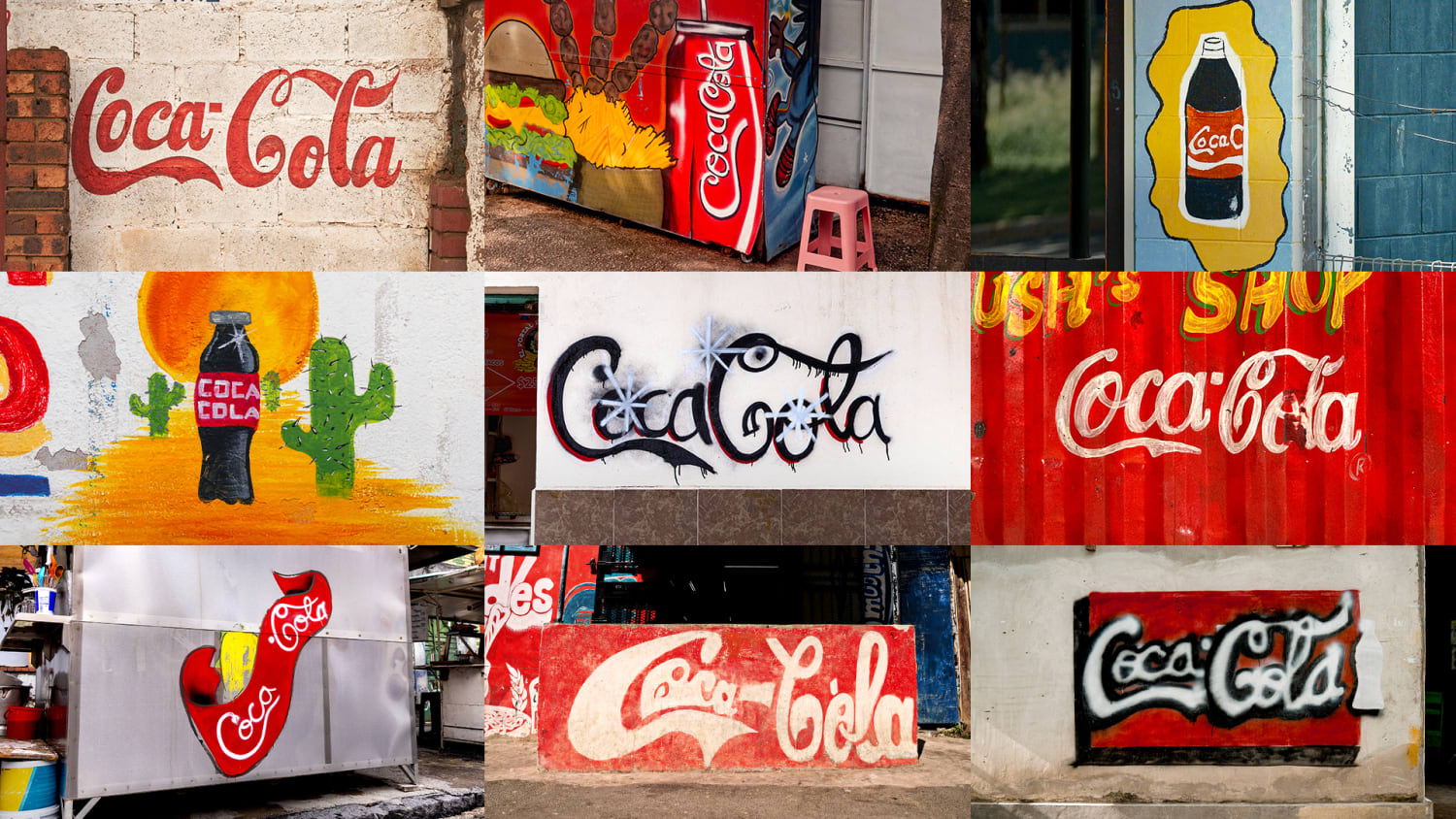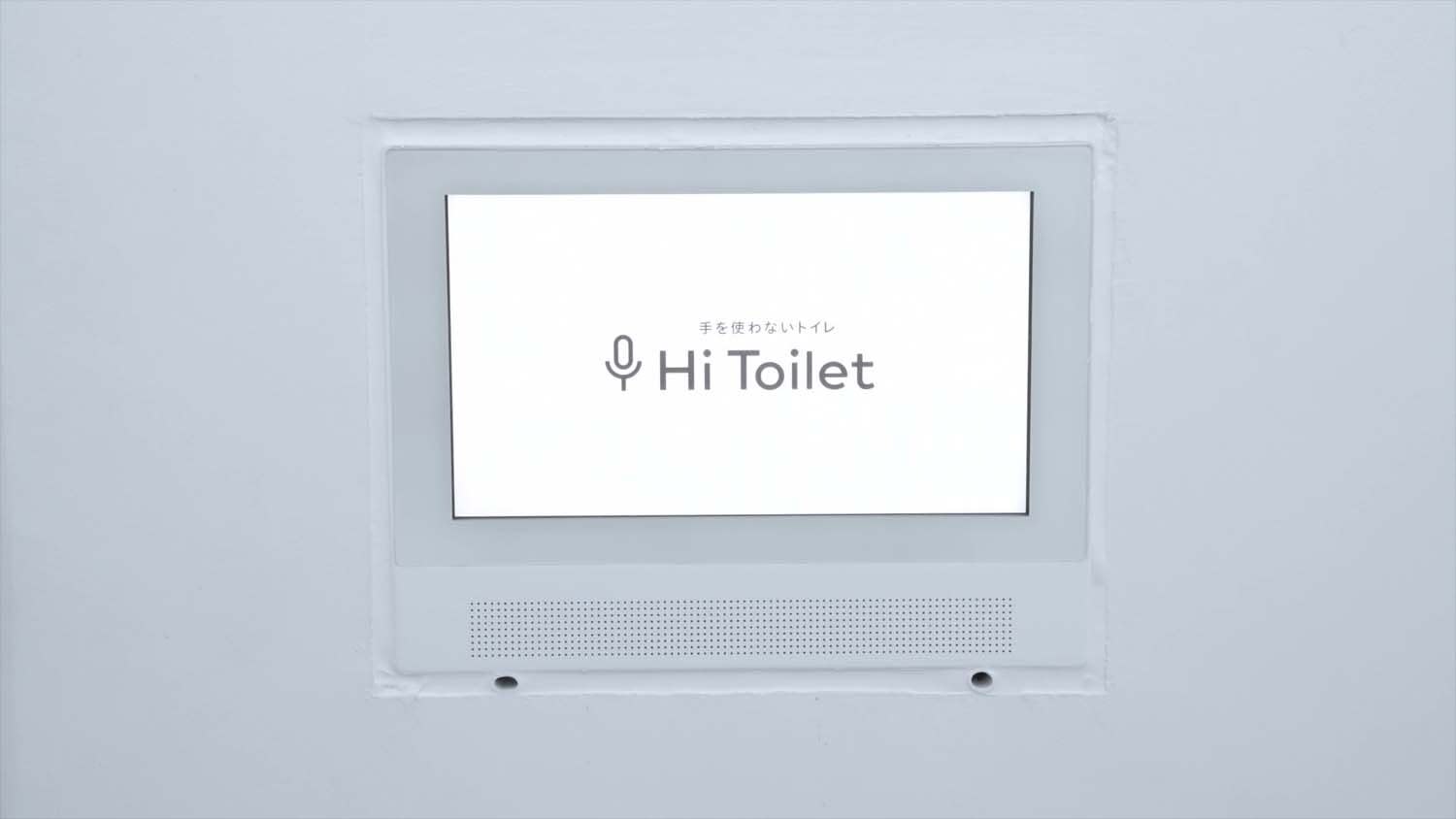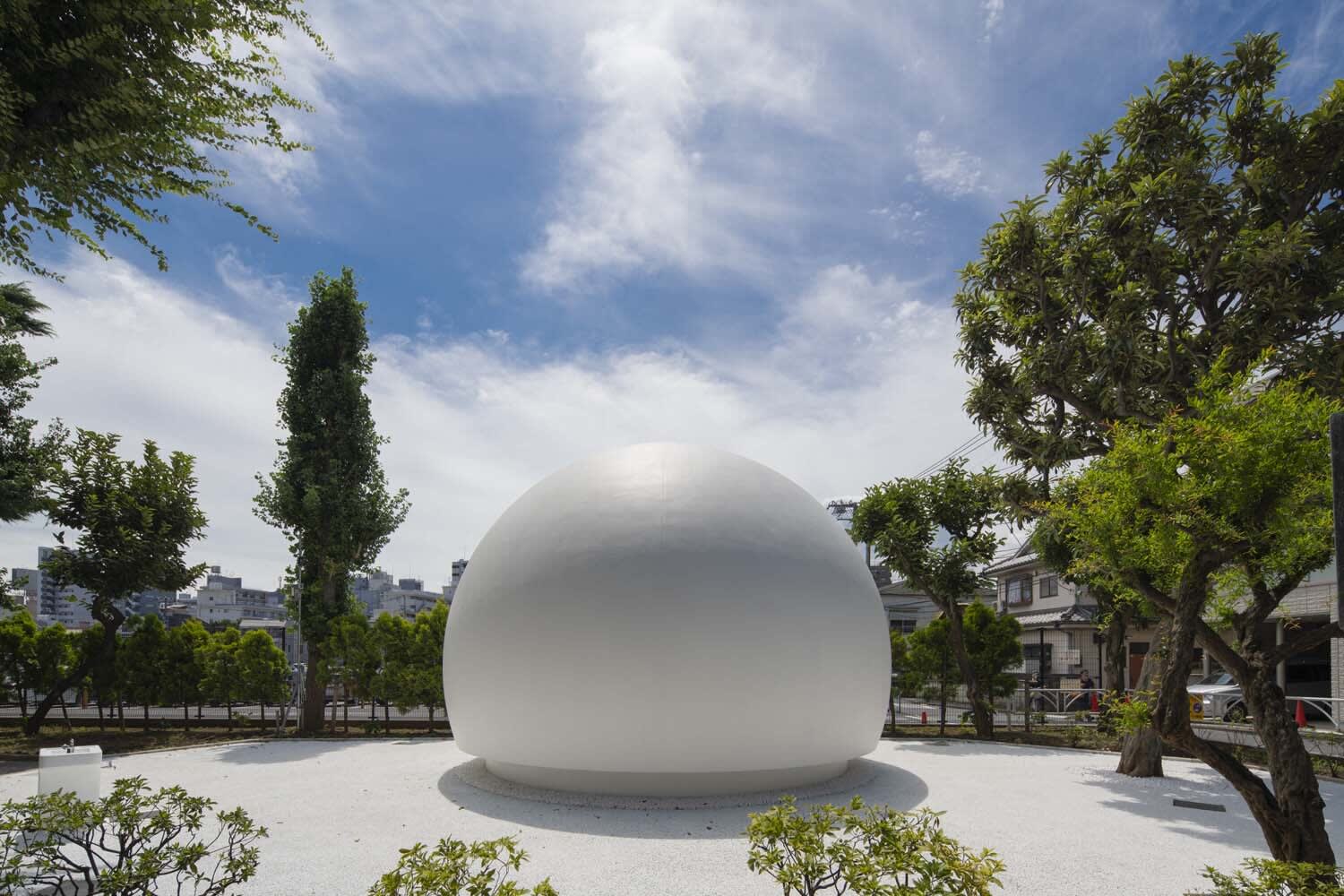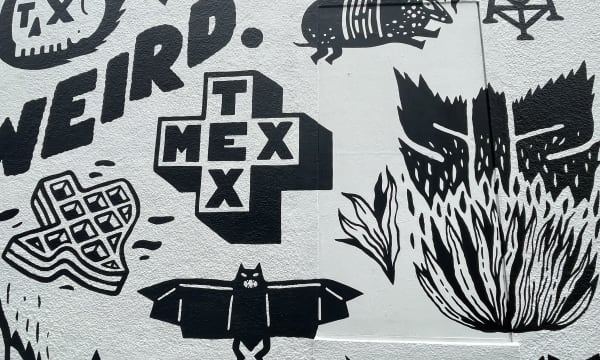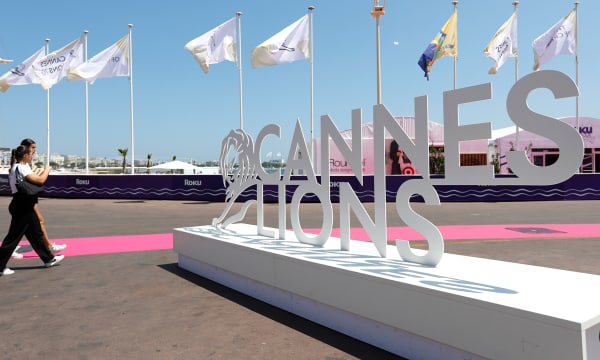There was a consensus that AI will be a powerful tool for creativity, but humanity, emotion, messiness, and realness are enduringly creative, and offer the most authentic way to connect with consumers. Indeed, the authenticity of humanity is something that many speakers argued AI can’t replicate.
Marc Pritchard, chief brand officer of P&G underlined the importance of emotion and “spine-tingles” in the work. “Even with all the technology that's available to us, the answer will not be found in the data or the algorithms,” said Pritchard. “[The] answer is in the idea, which comes from the heart and the soul. AI doesn't get the spine tingles. Humanity matters.”
Writer, director, and producer Lucia Aniello, the co-creator of Hacks, noted that a joke lands “because it's true, and you know it's true because you feel that it's true, and it's a human thing…So to me, anytime I'm getting any AI…in the way of that….it's just taking the humanness out of the art, which to me, is antithetical to the purpose of why I would make it and why you would like it.”
Echoing this view, Kyle Chaka, author of Filterworld: How Algorithms Flattened Culture and staff writer at The New Yorker, added that “AI is essentially automation, and I just don't think culture can be automated…like, I don't need 1000 separate TV shows spat out by ChatGPT.”
